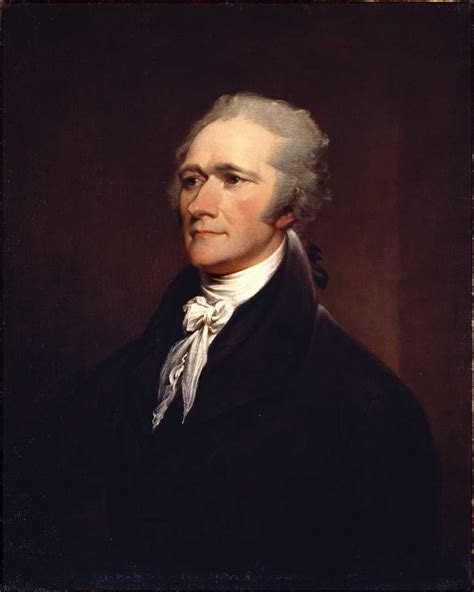Deep America
Countering shallow excuses used to discredit the Christian foundations of American society.
Shallow History
The name for this substack derives from my frustration with common misrepresentations of early American history. Pundits too often spew misleading glosses regarding America’s colonial and revolutionary-era personalities, culture,
spiritual and political ethos, etc. Whether truly misguided or agenda-driven, I take exception to counterfactual. one-liner banalities about America’s founding:
the Founders were a bunch of deistic Freemasons;
the Constitution’s framers maintained that the United States is not a Christian country nor its foundations built on Christian principles;
the Treaty of Tripoli is the nail in the coffin to the idea that America was ever intended to represent a Christian society;
the Separation Clause requires the eradication of anything God-related in governmental affairs.
While such cherry-picked contentions may have a semblance of veracity (cf. Gen. 3:4), they hardly represent the full truth. To posit them as proof-positives against a Christian America is deceptive, plain and simple.
Shallow history is not history.
Deep History
From Columbus’s discovery of the New World, through the throes of the Reformation and Enlightenment, to the personalities and documents of the establishing of the United States, America’s history is saturated with Christian over- and under-tones. I contend that any intellectually honest investigation into The Founding will produce no other conviction-- America was intentionally founded on Christian principles. And with this blog, I plan to provide short but fact-packed vignettes to support my thesis.
Disclaimers
Look. I get that early American history is riddled with ethical and situational problems. Welcome to the world. Like nearly any biblical character (and like you and I), our American founders are doubtlessly criticizable in thought and deed. One of our most orthodox and influential of Christian founders,
Alexander Hamilton, even had an extra-martial affair! (King David, anyone?) Such deficiencies are by no means grounds for dismissing their important contributions to the American experiment. So go ahead and deep six such inane criticisms. Even regarding statesmen who espoused a Unitarian or mere theistic view of God (I did not use ‘deistic’ on purpose), the fact that they respected and leveraged important tenets of Christianity is beyond question.
I do not mind respectful and sincere comments or questions. But please try to stay on topic. If a post is on the Great Seal of the United States, no need to rail about woman’s sufferage, etc. Also, please refrain from preaching, pro or con, in any responses— go get your own blog if you feel the need to do that. Otherwise, let’s (as Captain Picard would say)— Engage!








Ms. Irons,
Thanks for the question. The short answer is no, not necessarily. Think of the socio-political institutions of modern-day Europe. Arguably, the European states were established on Christian principles under the Holy Roman Empire/Reformation eras. Many of these states, though, are now referred to as post-Christian (https://crossworld.org/blog/details/what-hope-does-the-church-have-in-post-christian-europe). So being founded on Christian principles does not necessarily require a state be deemed a Christian nation into perpetuity.
But I suspect your question is begging a broader context. Please stay tuned to Deep America for an article soon to drop, “What is a Christian Nation Anyway?” I think that might better answer the spirit of your question.
Cheers!
Does the fact that the country was founded on Christian principles necessarily mean that it is a Christian nation?